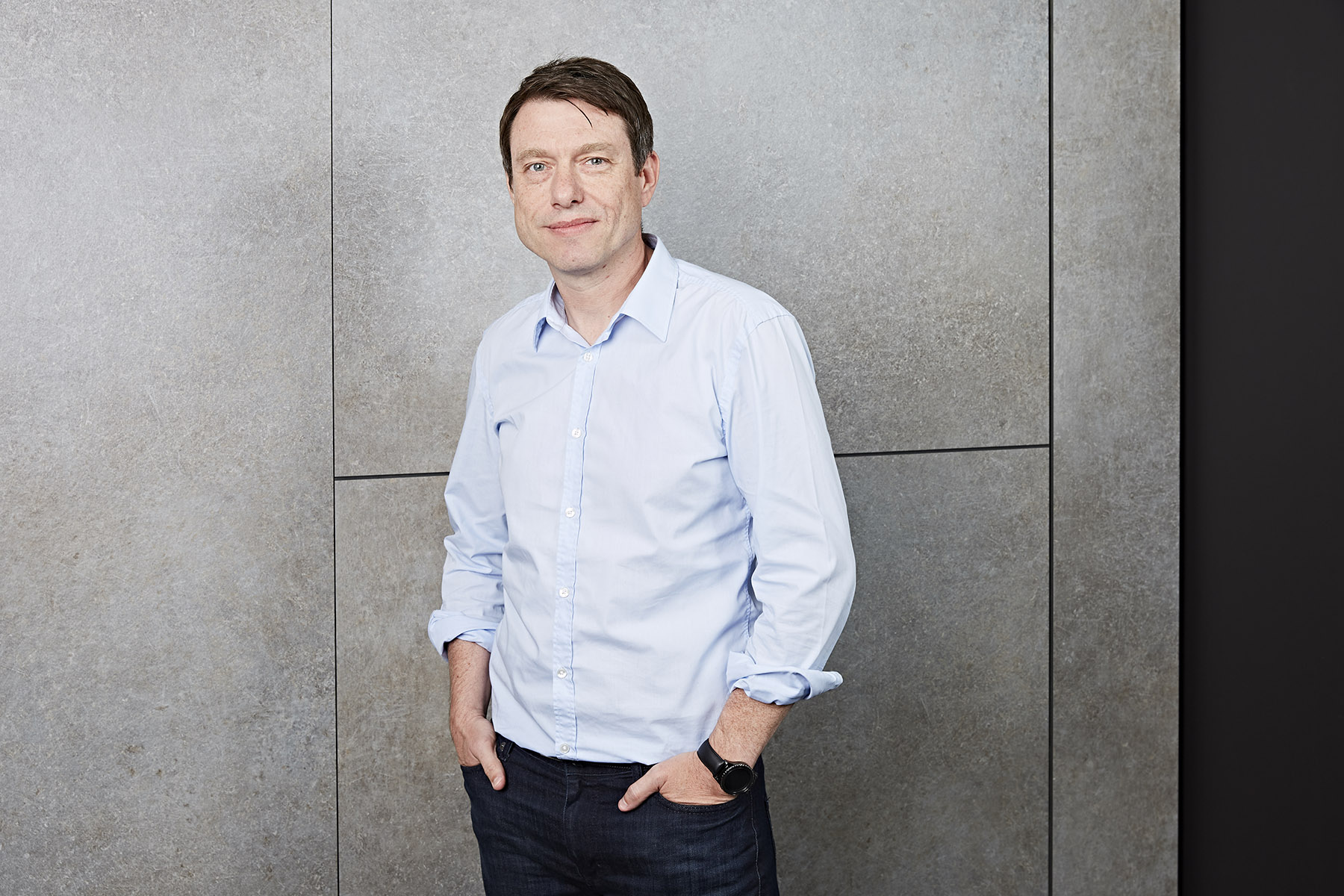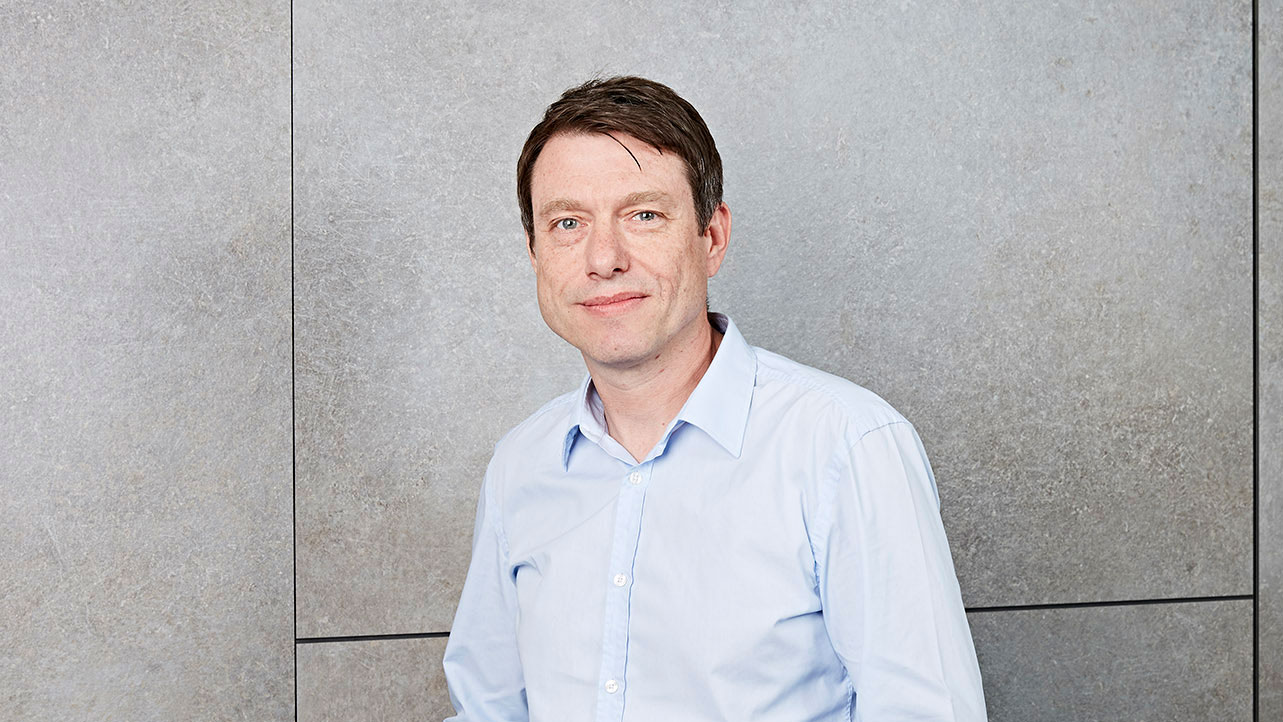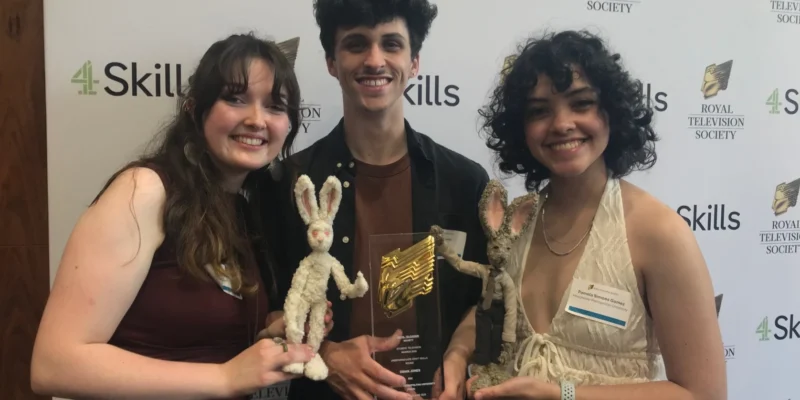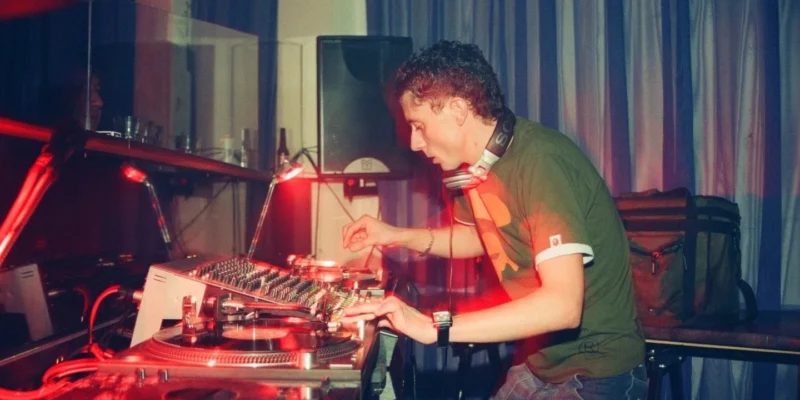Former senior PlayStation executive and University alumnus Simon Rutter has joined the School of Digital Arts (SODA).

Rutter is the former Executive Vice President, Head of European Business Operations at PlayStation and has been appointed Visiting Industry Lead at SODA.
He graduated from Manchester Metropolitan in 1990 with a BA (Hons) in Business Studies before building a successful international commercial career in the sports and entertainment industries. He joined PlayStation in 1997 at the start of a phenomenal period of growth in console gaming; working in a variety of marketing, sales and senior leadership roles.
Over the years, he helped create the iconic PlayStation brand, led his organisation through digital transformation and globalisation and survived many console wars.
We caught up with him to discuss his appointment and the work he’ll be doing at SODA.
As an alumnus of Manchester Met, how does it feel to be back on home turf, so to speak?
Despite being 30 years since I last set foot on campus, it’s felt very natural to return… Everyone has been very encouraging and inclusive. I’m originally from Oldham and still have friends and family there, so I’ve been able to see the transformation in Manchester Met over the last few years when visiting the area, so it all feels very familiar.
My recent involvement with Manchester Met started a couple of years ago when I was leading PlayStation in Europe and was able to provide a third year placement in the PlayStation HR team, for a student at the Business School.
Not long after that, in response to the murder of George Floyd in the USA and the resultant Black Lives Matter protests, the wider SONY Corporation was looking to contribute to social justice causes around the world. As I was aware of the ground-breaking First Generation Scholarship project, I worked with Manchester Met to set up the PlayStation Career Pathway Program – new digital technology and creative degree scholarships to support students from Black, Asian, and Minority Ethnic backgrounds.
During our first discussions, I didn’t know about the creation of SODA; although as soon as SODA was added to mix, the PlayStation Career Pathway Program came alive – given the close relevance of both.
In July 2021 I left PlayStation to pursue other goals. I had spoken to Toby Heys (Head of the School of Digital Arts) a couple of times and was drawn to his vision, the mission of SODA and of helping the students to achieve their potential. This is how my journey started.
You come to us with a wealth of industry knowledge – what do you hope to pass on to the students at SODA, as Visiting Industry Lead?
‘Opportunity’ is the best word to encapsulate it. The best thing I can do for SODA students is to facilitate concrete, real-world opportunities for learning and experience.
I’m hoping to use my network of contacts to get SODA on the go-to list for employers, and to facilitate workshops from notable industry figures. I’m already having discussions with course leaders about bringing real world projects in for students to work on.
I also hope my experience will help support the leadership of SODA in the development of the School. SODA is opening at such a great moment in time; the subjects it covers are important now and will be even more important in the years ahead – in the UK and especially in the Greater Manchester area, where a great creative scene is beginning to blossom. With tech developing the way it is, there are many opportunities for SODA to develop its sphere of influence and I believe that I am in a good position to help do this.
Collaboration is a key part of the ethos of SODA. How do you think learning the skill sets students up for life in industry?
I think interdisciplinarity is essential – and I was really pleased to see this when I was first taken through methodology of SODA. If I were to be asked what the core skills of any graduate looking to get into the industry should be, one would definitely be a collaborative and adaptable mindset.
Complex problems rarely have a singular solution – you need to look at issues in the round and collaborate with multiple people to solve them. Also, in my experience, you simply get better ideas if more people contribute to addressing them. It’s important to guard against collaboration slowing down the speed of delivery of a project; and you have to ensure that the essence of what’s being delivered isn’t watered down by the decision-making process – collaboration is a whole skill in itself!
When you look at the industry areas SODA represents, all of them have a deep sense of teamwork attached – whether you’re thinking about a film crew, an edit studio, a production team, or a game team. There are certainly some standout personalities in the games industry but – by and large – success and failure are experienced as a team. Going into industry understanding the ins and outs of collaboration, including the pitfalls, and knowing how to get the best ideas out – you’re going to get off to a much better start.







